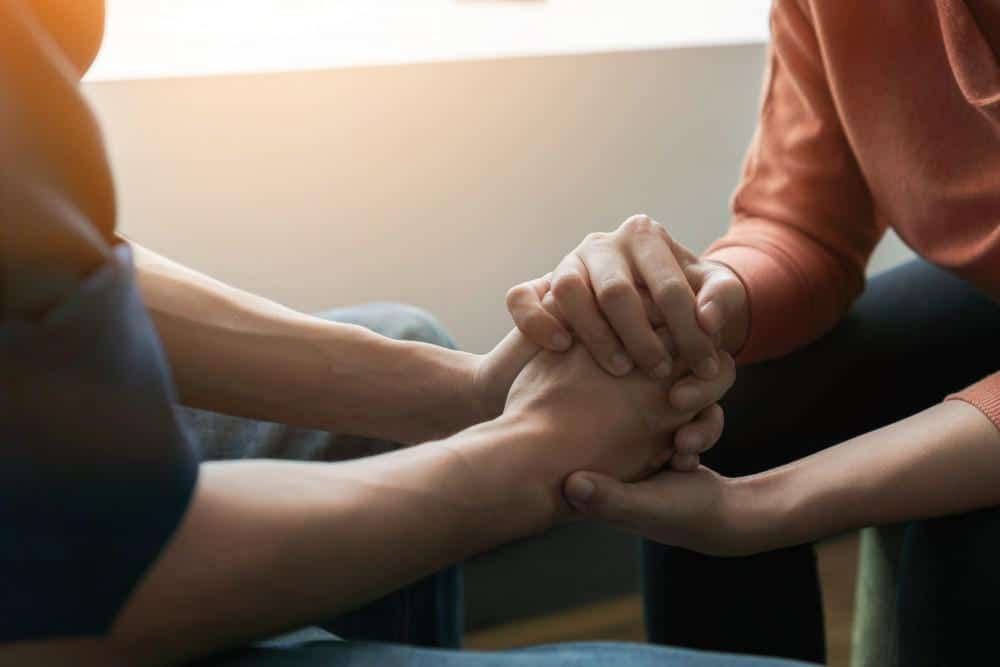You watch as your loved one gets sucked into a substance use disorder, and you feel helpless. When they make the decision to get clean, you jump at the chance to be of assistance. The first step toward recovery is a tough one as your loved one struggles with withdrawal symptoms, but there are ways that you can ease the journey.
The most important step
The first, and arguably the most important, step is to ensure that your loved one has the professional help they need to get through withdrawal. Our team of addiction specialists here at Tres Vistas Recovery offers specialized addiction treatment services that provide the tools that your loved one needs to safely withdraw from their substance of choice.
Depending upon the extent of your loved one’s dependence, withdrawal symptoms can range from discomfort to life-threatening seizures, which is why it’s important that you don’t go it alone.
Through our detox program, we offer medication-assisted treatment, which includes aides like nicotinamide adenine dinucleotide (NAD) intravenous (IV) infusions, which work to curb some of the more severe withdrawal symptoms.
Above all, we provide the medical oversight your loved one needs to withdraw quickly and safely. To underscore this point, if you don’t seek our help during this initial process, you run the risk of having your loved one relapse just to relieve the withdrawal symptoms.
Be patient and forgiving
The odds are that your loved one has struggled for some time, so we recommend that you dig deep for a little more patience as they make this very important step toward recovery. Withdrawal symptoms can affect mood, which can make your loved one less-than-pleasant to be around. Understand that the irritability, anxiety, and anger aren’t directed at you — they are simply byproducts of taking their substance away, which both their brain and their body will fight.
Distraction is key
While we can do our part to handle the physical withdrawal symptoms, a substance use disorder is more than just dependence. In fact, the addiction aspect, which occurs in your loved one’s brain, is often the tougher challenge.
Consider that your loved one’s brain is in revolt and demanding to use it again. Your help here can make all the difference, especially in the form of distraction. The last thing we want is for your loved one’s brain to take over command, so you can help by spending time with your loved one doing things that will distract them — watching a movie, playing cards, etc.
Get moving
There’s a saying that we use in recovery: Move a muscle, change a thought. One of the best ways to help with both the dependence and addiction withdrawal symptoms is to get up and move. Take your loved one for a walk to get their natural endorphins flowing, allowing them to feel good without getting high.
Support their support
If your loved one has decided that they’d rather seek help from professionals or support groups, don’t be offended. Sometimes the best way to help a loved one through withdrawal is to step back and let others with more experience do the heavy lifting. Your support in letting them find their own way still plays an invaluable role.
If you have more questions about helping your loved one weather withdrawal symptoms, please don’t hesitate to contact us at our office in San Juan Capistrano, California.














